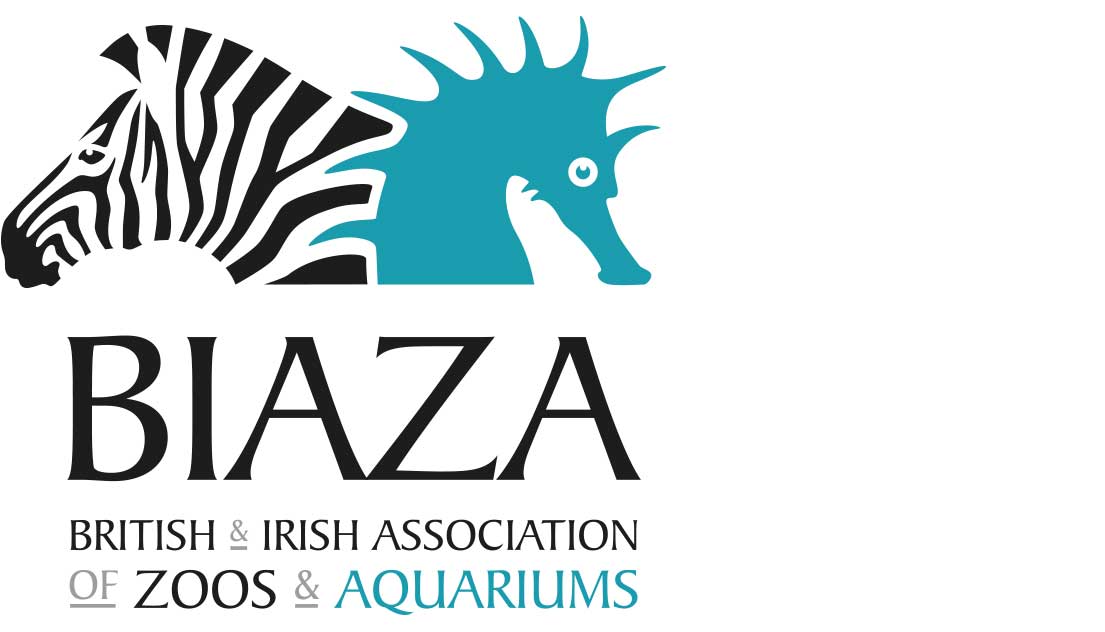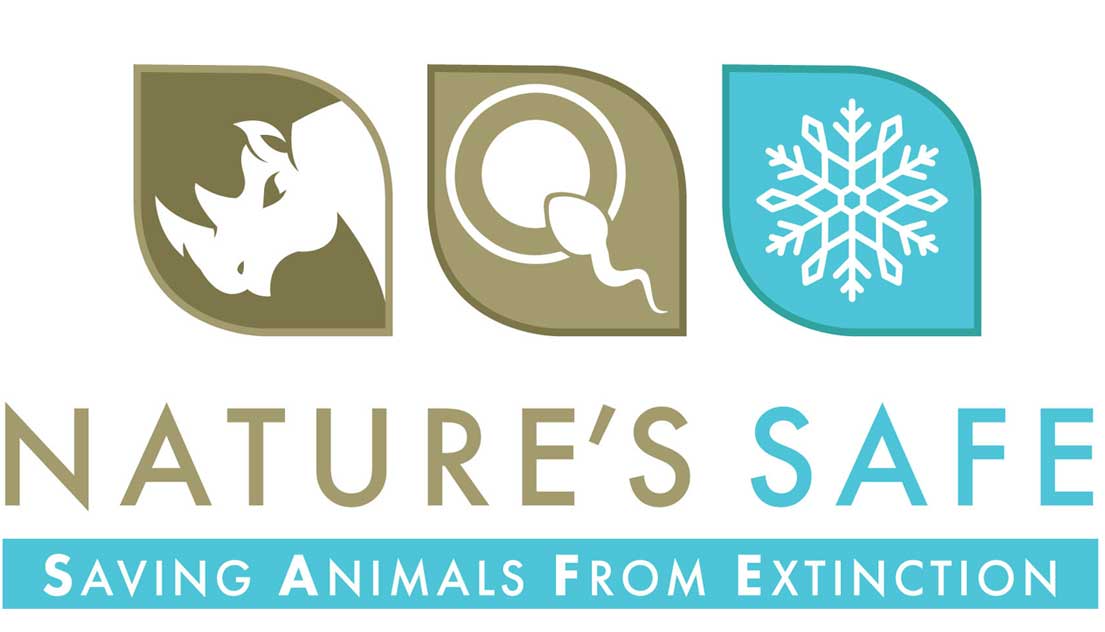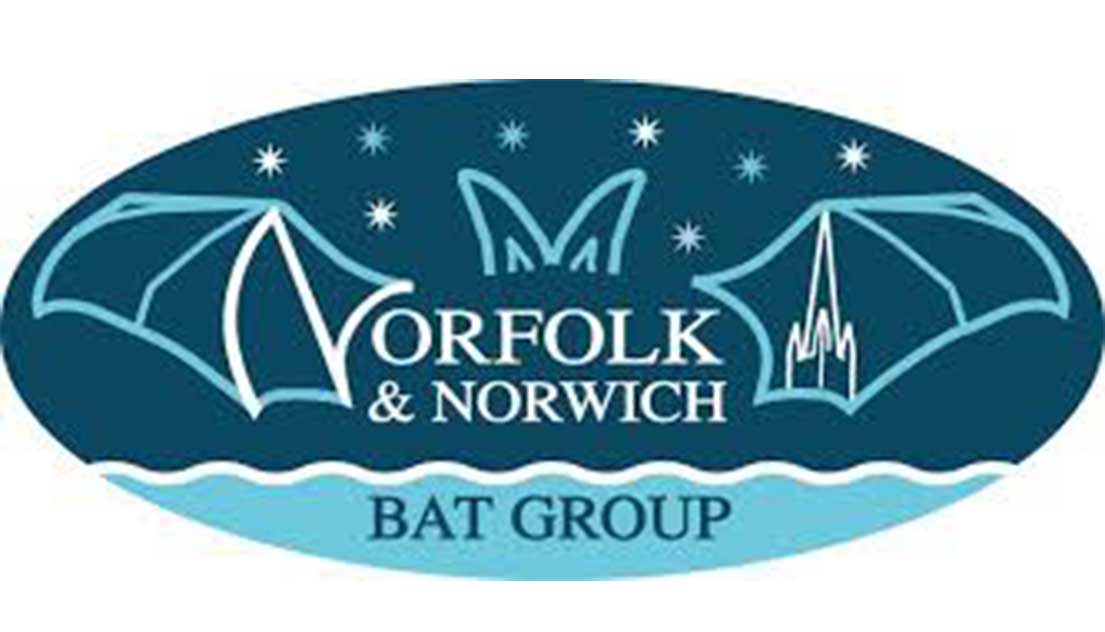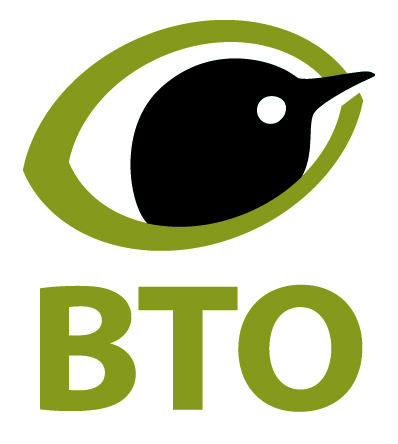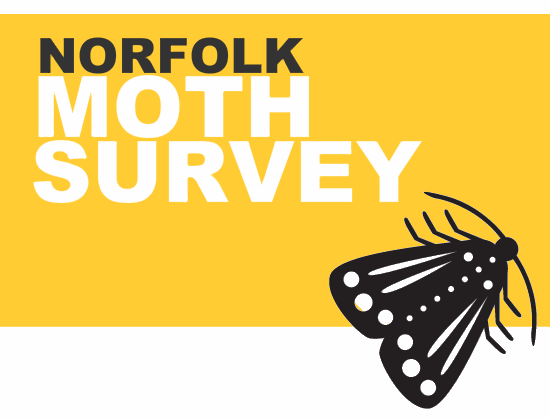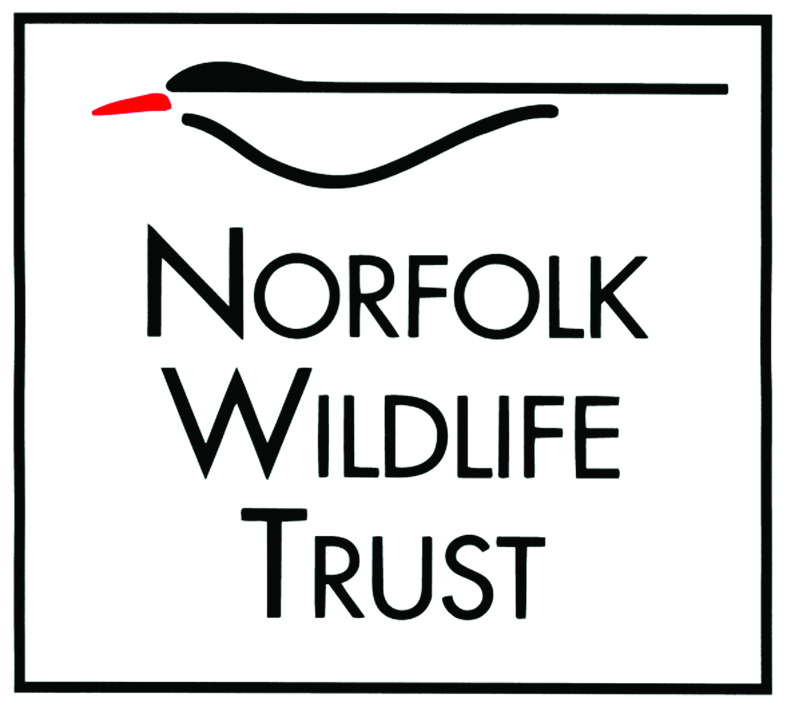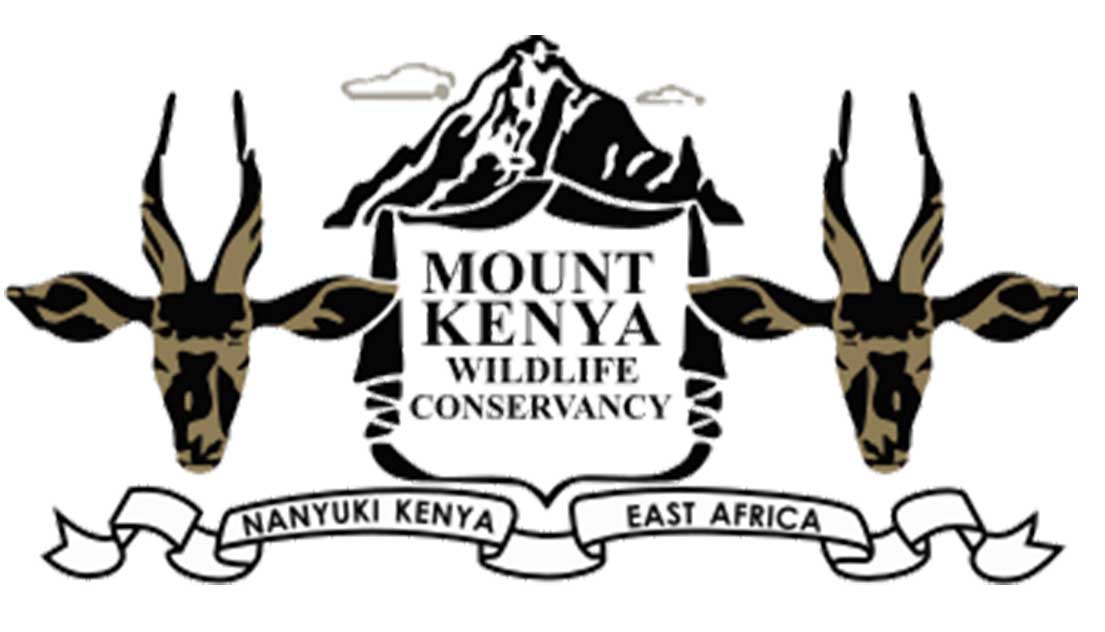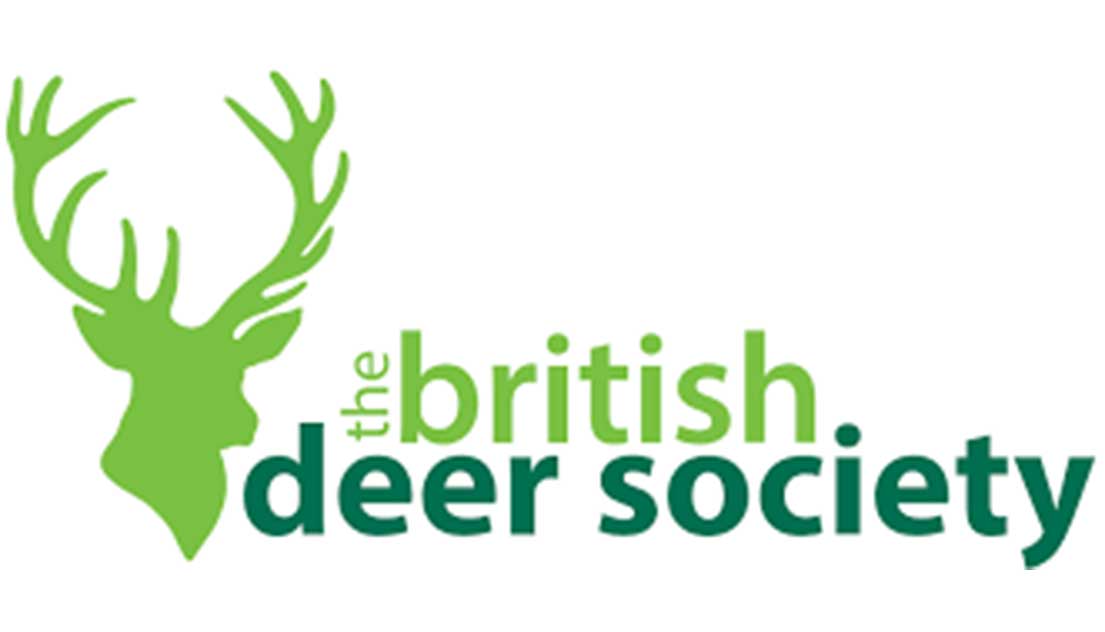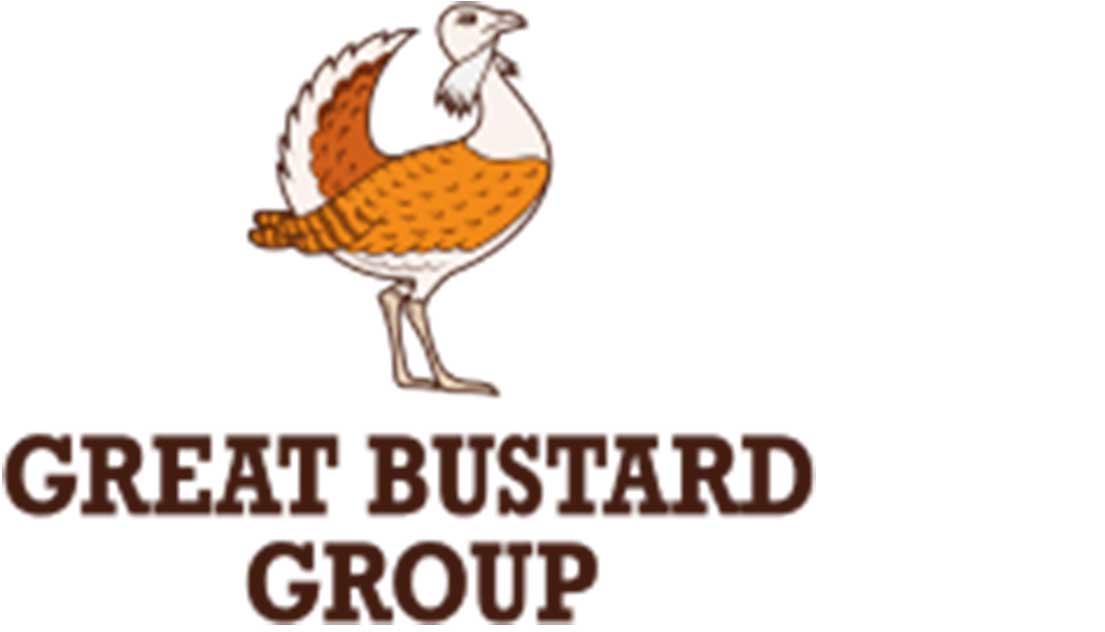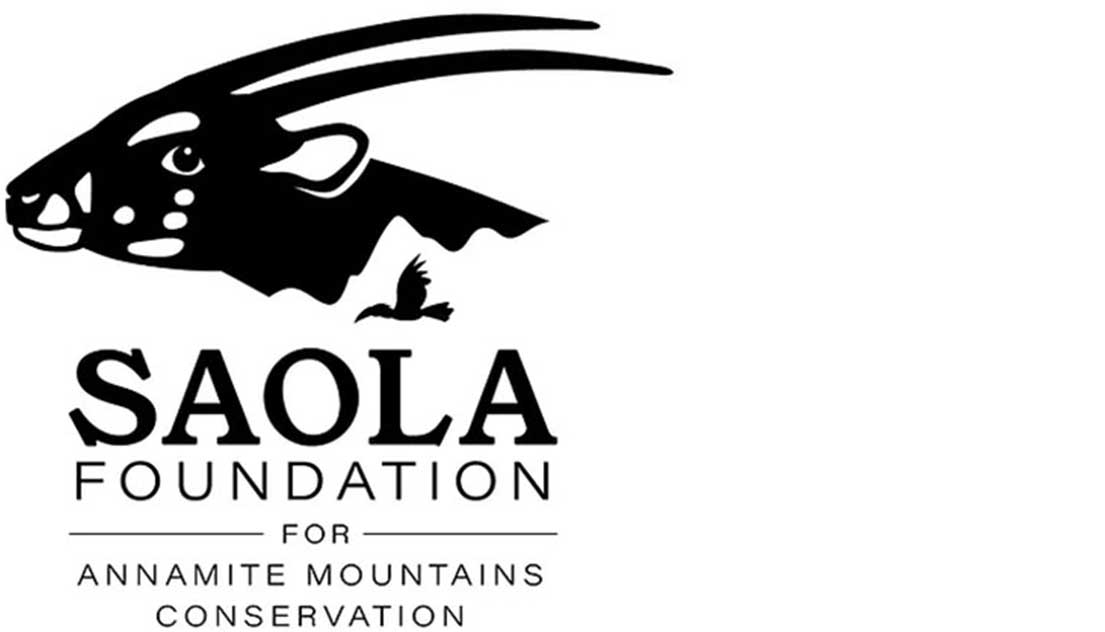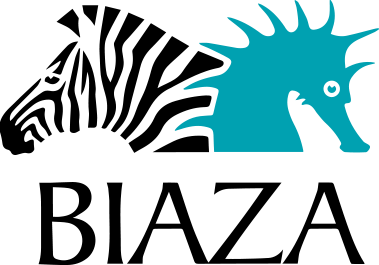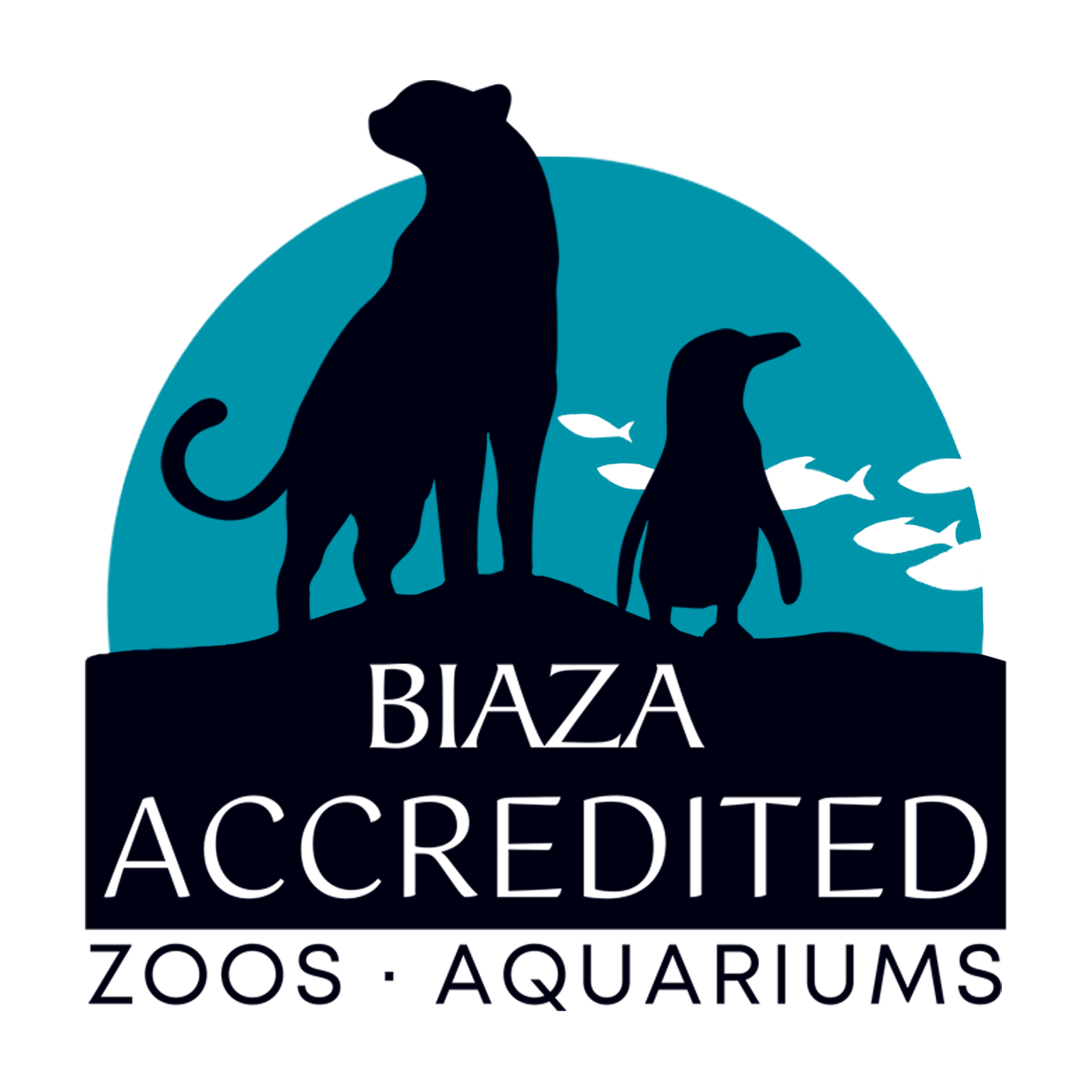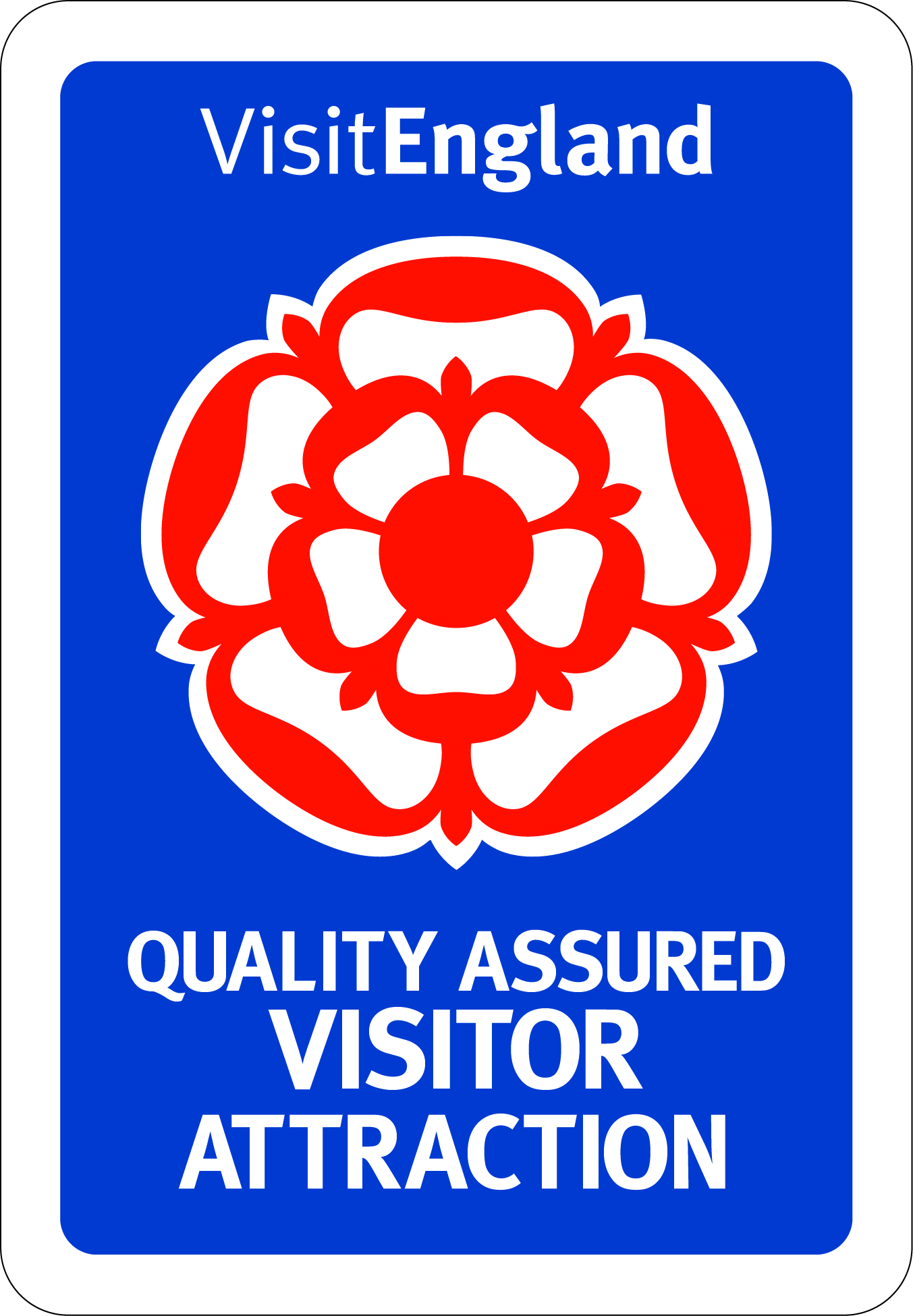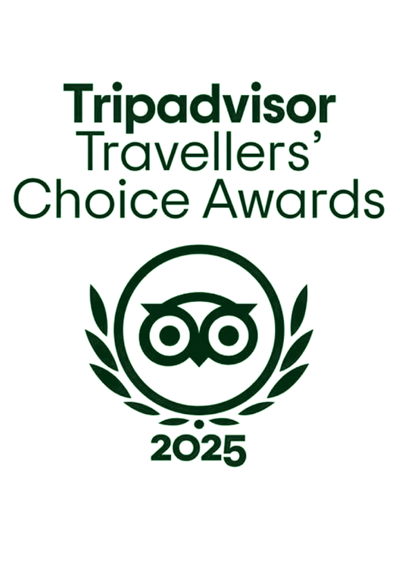Sustainable tourism running throughout
Here at Watatunga, we are passionate about restoring, nurturing and sharing nature’s ecosystems.
Our purpose-built wildlife reserve has been created to embrace the uniqueness of the area, landscape and species, brought to you by our conservation-obsessed team and with principles of sustainable tourism running throughout.
Always striving to be at the forefront of both conservation and sustainable tourism, Watatunga was one of the first wildlife reserves to offer visitors the chance to fully immerse themselves in the experience by viewing the animals via self-drive electric buggies that they drive around in convoy, following one of our expert guides. This enables our guests to see our fascinating residents in close proximity and acting naturally in their habitat. The guide will ensure you spot as many sights as possible as well as providing information and stories regarding our animals.
As a passionate supporter of sustainable tourism, we are cultivating an ethos that echoes the very definition of it, which is to “provide authentic tourist experiences that celebrate and conserve heritage and culture, protecting natural environments, wildlife and natural resources when developing and managing tourism activities.” *https://www.thetravelfoundation.org.uk
Our Unique Management & Ethos
As part of our sustainability, we keep the stocking density of the reserve in balance with nature – this means that we minimise supplementary feeding avoiding feed that is often heavy in soy products and we keep numbers of animals in line with what the trees, grasses and browsing material in the reserve can support. At times, usually early spring, this may result in a species being off-site to protect the balance and regrowth of the flora within the reserve.
As we reduce the need for animals to be on supplementary feeding, it means that their gut flora more closely resembles that of their wild counterparts. In captive ruminants we often see high mortality rates associated with rumen acidosis, often a consequence of feeding too much concentrated feedstuff. We offset these risks here at Watatunga by supplementary feeding in the winter and not feeding concentrates in the spring and summer so that their rumen can revert to sustaining their gut on natural vegetation, just as they would in the wild.
At Watatunga we often see ourselves as a ‘halfway house’ halfway between zoological collections and the wild. We hope that one day in the future we can be used as a facility for animals to rehabilitate towards a more natural setting before they are released back into the wild. We can offer this due to the unique, hands off approach that we have with the animals.
This autumn at Watatunga we will be trying this concept for the first time with the Vietnamese Pheasant, an animal that has been in captivity for over 100 years. This species is critically endangered, and numbers are now high enough in captivity that the breeding programme are starting to think about re-releasing them back into the wild. To prepare them and ensure that they are ready, they must be aware of aerial predation, be able to protect their young, be able to sustain themselves on natural feedstuff, be savvy about using vegetation as cover in adverse weather conditions and numerous other things. We will slowly release them at Watatunga and monitor their progress, identify any risks and intervene should there be any welfare concerns.
Most importantly, we are involved in various breeding programmes for our endangered species. We are involved in several EEPs (European Endangered Species Programmes). EEPs have been founded to provide a future for some of the world’s most vulnerable species. The breeding is co-ordinated by one person with a deep knowledge and experience of that species, their aim is to maximise genetic diversity and conserve healthy populations in captivity. They safeguard the genetic health of the species across captive collections in Europe. EEPs are underpinned by education and in situ conservation, in some cases they also facilitate re-introductions back into the wild.
Conservation on Site
In House Ecology Surveys
This year we have been conducting ecological surveys on our reserve to create a baseline of the invertebrate and reptilian populations that can be found at Watatunga. Using various surveying methods, we are comparing the biodiversity of both taxa within the seven habitats found across the 170 acres (woodland, wetland, short grass, long grass, lake edge, Clover and Sainfoin). Our overall aim is to see what the levels of diversity are across the reserve and to see if we have any rare or endangered species! We will then use this information to target our conservation efforts over the next few years; for instance, if we find a rare species, we can plant specific crops to encourage an increase in the population size. In the end, this is a unique tool to make the conservation at Watatunga more effective for native species!
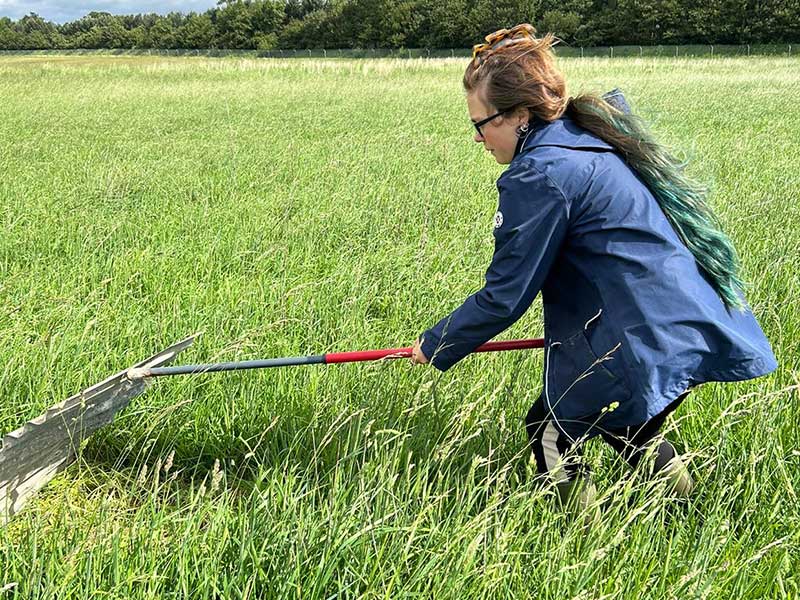
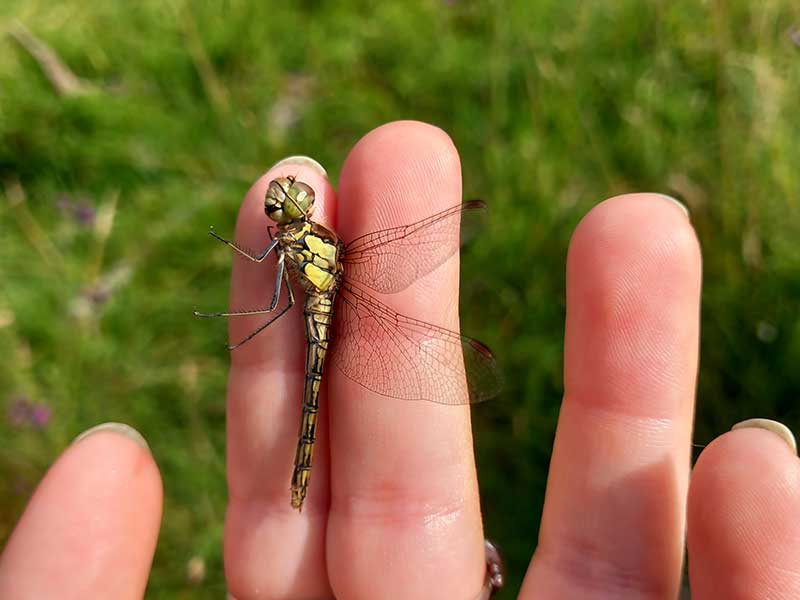
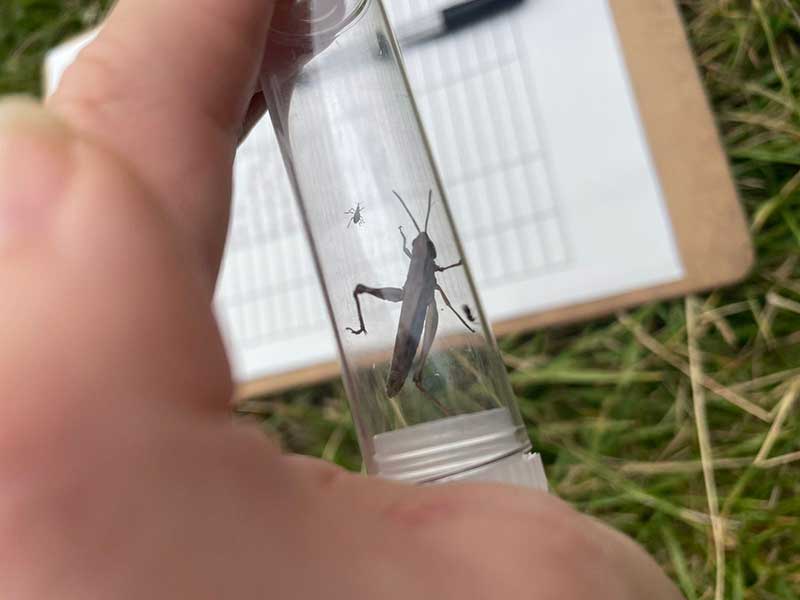
Our Herd of Water Buffalo
We have a herd of 40+ Water Buffalo that graze a 40 hectares of wetland habitat. Managed as a suckler herd, the calves remain with their mothers until they are weaned between 10 and 12 months of age. This natural rearing method allows the buffalo to grow and develop within a closely knit herd structure, which is key to their health and well-being. The wetland grass meadows they graze are some of the most challenging land conditions imaginable—wet, swampy, and prone to the presence of red water disease, which is harmful to domestic cattle but has no effect on water buffalo. Thanks to their remarkable physiological adaptations, water buffalo thrive in these conditions, making them the ideal species for habitat restoration in environments that would be otherwise unsuitable for traditional livestock.
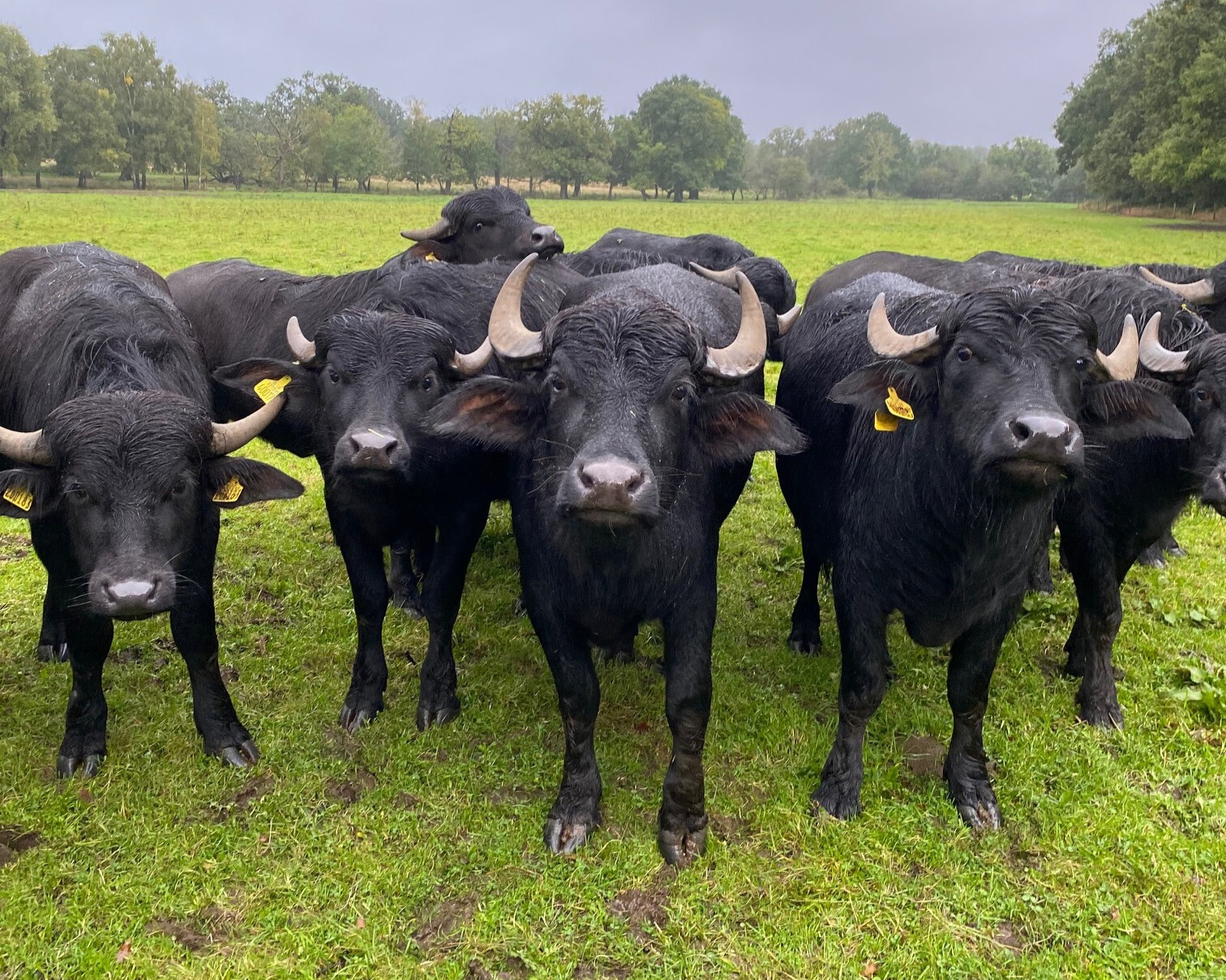
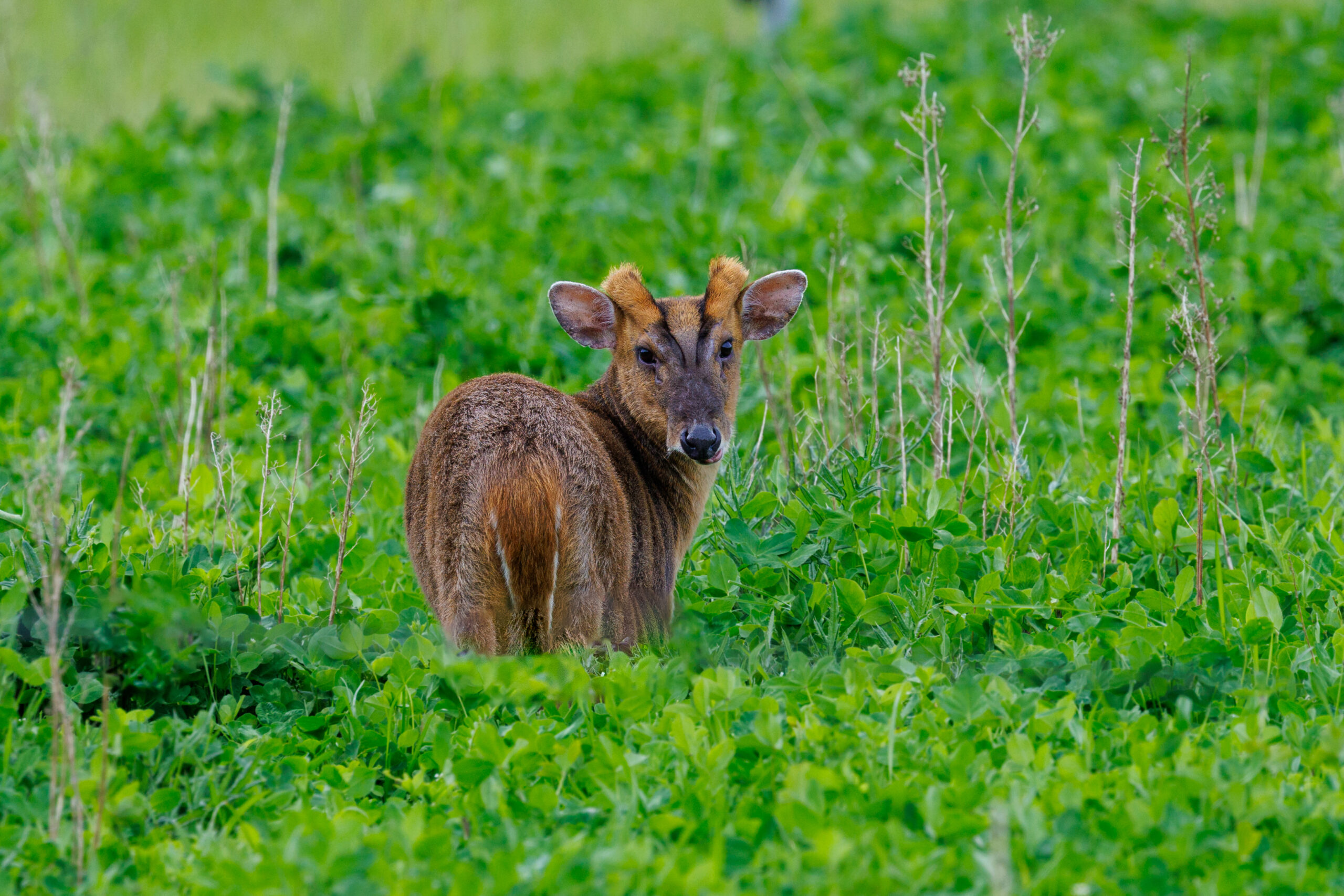
Population Management for Wild Deer
We take part in managing the wild deer numbers across the wider estate. Deer numbers can become too large for their habitat to support them. Grazing by large populations of deer reduces plants and animal diversity in the forest which can in turn affect soils and release carbon. Deer can also damage or kill young trees which in turn prevents forests from regenerating. There are no natural predators for deer within the UK therefore it has never been more important to responsibly maintain and manage their numbers.
BIAZA Spotted on Site Campaign
BIAZA Spotted on Site is a campaign for BIAZA (British & Irish Association of Zoo & Aquariums) members in collaboration with iNaturalistUK and the National Biodiversity Network Trust (NBN Trust) that Watatunga are a part of. To see our progress of recording our biodiversity on site here at Watatunga click here
Nature’s SAFE
Nature’s SAFE provide the cryopreservation of cells and tissues from threatened species to anybody donating samples. Watatunga is a registered conservation partner with Nature’s SAFE, meaning that we regularly donate samples from threatened species. In August 2024 we welcomed founder, Tullis Matson, and his team to show them our unique site and discuss more about how we can work together in the future.
The Norfolk & Norwich Bat Group
This year the Norfolk Bat Group have visited Watatunga on numerous occasions and have placed sound detectors to monitor the diversity of the bat species that we have here on site. We plan to catch, monitor and ring the bat species on site at Watatunga via the Norfolk Bat Group. Here at Watatunga we have a diverse range of bat species: from Soprano pipistrelle, Common pipistrelle, Nathusius pipistrelle, Barbastelle, Daubenton’s, and Noctule. In future we hope to host Bat Conservation talks here at Watatunga.
British Trust of Ornithology
Since 2024, Watatunga has been working with the BTO to monitor and learn about the bird populations that we have throughout the reserve. Recent work has included winter ringing to track overwintering bird species, and we’re currently focusing on monitoring our Sand Martin population. This involves looking at population dynamics and ringing any chicks found within the artificial nesting boxes. This partnership will continue to monitor native avian species at Watatunga with future projects such as Oystercatcher ringing, summer mist netting and Barn Owl nest box monitoring. Through these efforts, we aim to contribute valuable data to national conservation research and ensure the continued health of our native bird species.
Norfolk Moth Society
We are in partnership with Dr. Paul Waring, a local expert in Lepidoptera and a key member of both the Norfolk Moth Survey (NMS) and the British Entomological and Natural History Society (BENHS). Through the use of light and pheromone traps, Paul has been helping us identify the wide variety of moth species living at Watatunga. So far, we’ve recorded dozens of species, including the Great Prominent and Poplar Hawk Moth. In June, we’ll be hosting a large-scale night survey to explore just how many species are present on the reserve and to identify if there are any unique or rare species. This work plays an important role in understanding and protecting the biodiversity of our local ecosystem.
Norfolk Wildlife Trust
In 2025, we began a collaboration with a specialist from the Norfolk Wildlife Trust (NWT) who focuses on Odonata (Dragonflies and Damselflies). During our internal biodiversity surveys last year, we were thrilled to discover the presence of the Scarce Chaser, a red-listed dragonfly species. Building on that discovery, we’re now undertaking a comprehensive survey of Dragonflies and Damselflies across the reserve. We hope to once again spot the Scarce Chaser, along with many other species, and use what we learn to support and enhance Odonata populations at Watatunga. This work is vital to help us understand the overall health of our habitats and guide future conservation efforts.
Community groups
In 2025, we began working closely with local community groups dedicated to conservation, including the HPCA and the Gaywood Valley Conservation Group. Members of the Watatunga team volunteer their time, skills, and expertise to support these initiatives. Looking ahead, we’re committed to strengthening these partnerships and working together to enhance biodiversity both within the reserve and across the wider local landscape. By joining forces, we can make a greater impact for native wildlife and inspire community-led conservation efforts.
NGOs We Support
Mount Kenya Conservancy Trust
Our director Edward Pope was lucky enough to attend the grand opening of the Mawingu Mountain Bongo Sanctuary, and regularly liaises with Dr Robert Aruho regarding the immobilization, capturing and general husbandry techniques of the bongo within the sanctuary. We have a dedicated donation
box in our visitor centre for the Mount Kenya Conservancy Trust, where you can find leaflets containing more information about this unique facility.
In March 2023 we welcomed Dr Robert Aruho (Head of Conservation at the MKWC) & Nick Davis (EEP Coordinator for Bongo) and colleagues, to Watatunga. To read more information about this please see our blog https://watatunga.co.uk/mountainbongo/.
The British Deer Society
Watatunga is a corporate member of the BDS as we are a strong advocate of their ethos and wish to support their goals. Here at Watatunga we are working towards partnering with the BDS to provide community outreach education sessions towards children of all ages. This will consist of Watatunga educating the next generation about deer conservation and exotic deer species, with the BDS educating them about the UK deer species, best practice & current scientific research. We sell the BDS Field Guide to British Deer in our gift shop & display all the BDS leaflets on the UK 6 deer species. We regularly donate to the BDS charity fundraising events and support them at any opportunity. To read more about when the BDS team came to visit Watatunga and to see what they thought click here: https://bds.org.uk/information-advice/out-about/where-to-see-deer/watatunga-wildlife-reserve/
Great Bustard Project
Here at Watatunga we work very closely with the Great Bustard Project. We have a donation box inside our visitor centre dedicated to the project with leaflets containing more information. All our great bustards here at the reserve come from the project. We often take individuals that are not good candidates for being re-released into the wild due to varying factors and offer them a home here. Our hope is that when our great bustard breed, the offspring can be given back to the Great Bustard Project and hopefully one day they will be re-released into the wild.
Saola Foundation
In September 2023 Watatunga hosted Dr Lorraine Scotson (CEO of the Saola Foundation) for a saola conservation event and were transported, via her experience, passion and sheer grit, into the world of this elusive species and the critical conservation efforts underway to protect its habitat. To read more about this event read our blog: https://watatunga.co.uk/saola-conservation-event/
Frequently Asked Questions
Why does Watatunga primarily work with birds, deer and antelope?
We are in a lucky position to be able to provide the species that we hold with as natural a habitat as possible in captivity. The deer can hide up their young in the scrubby brambles when they wish to but also swim in the lake or graze in the open at times too. Likewise, the antelope can self-select their browsing fodder and choose the area of the reserve that best suits their needs. This is unusual with captive ungulate populations, and we are excited about the possibilities that our space affords us. You can read more about how the Watatunga way of interacting with animals differs to others from the Chair of BIAZA’s ungulate sub-group, Ben Matthews, here.
How can I support Watatunga's conservation efforts?
The greatest way you can support us at this stage is by spreading the word about what we do. We opened in 2020 and we are a young business, striving to educate people about some of the world’s most endangered, lesser-known species that do not get as much recognition. We also have an incredible team of volunteers who work with us through the tour season and beyond. If you’d be interested in joining the volunteer team or bringing your workplace for a corporate volunteering day, please get in touch via the contact form.
What partnerships are in place at Watatunga?
We work closely with The Great Bustard Group and the Mount Kenya Conservancy Trust. We also work closely with the Norfolk & Norwich Bat Group, the British Trust of Ornithology, the Norfolk Wildlife Trust, the Norfolk Moth Society and other local conservation organisations within the local area to monitor the biodiversity within our reserve.
What is an EEP and is Watatunga part of any?
An EEP is the European Endangered Species Programme. It exists to try and make sure that species that are at risk of extinction in the wild, have a healthy and genetically diverse ‘backup’ population in zoos across Europe.
We are excited to be part of the Sambar, White Lipped Deer, Eastern Mountain Bongo, Barasingha & Visayan Deer EEP, proactively breeding these species. We also hold multiple other EEP species, some in bachelor groups. These males are not currently required for breeding and as we have space for them, we can ensure they have as happy and healthy a time as possible until their genetics are required elsewhere.
Where can I find out more about conservation at Watatunga?
You can read more about our conversation efforts here.
Copyright © 2026 All Rights Reserved. Watatunga. Privacy Policy and Cookie Policy
